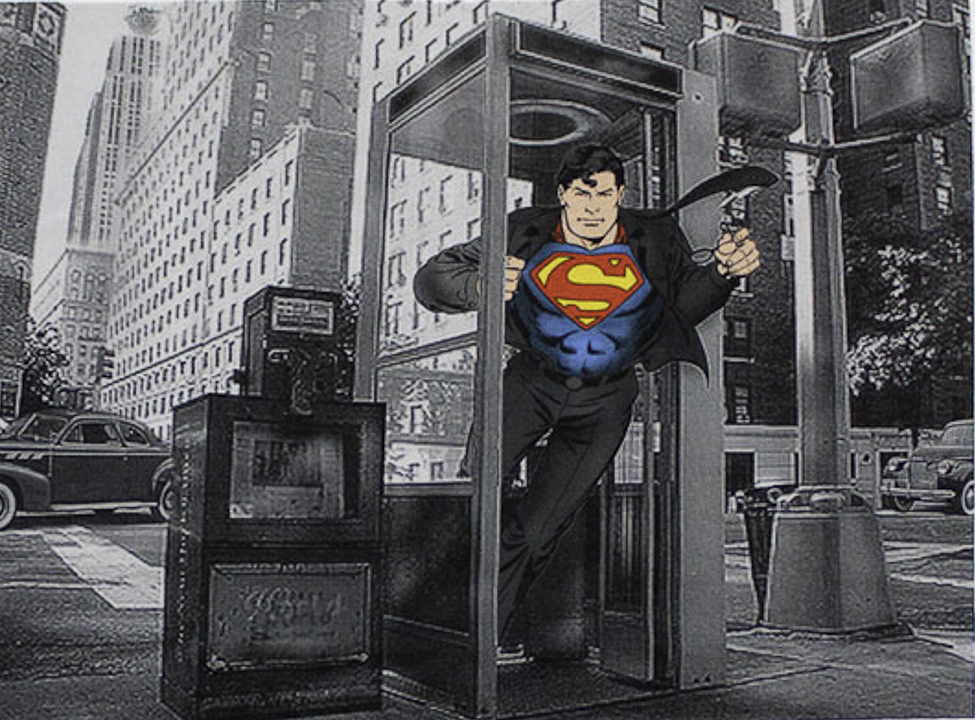Lately, I have been titling my blogs with a lot of question marks. I don’t think it is possible for a person to be his or her own therapist. But I do think that I have been questioning, or at least thinking about, a lot of education’s mores that teachers, students, and policy makers assume on a daily basis. Early in my career, I just wanted to survive the day. Things have slowed down for me now. I have the time to reflect on the bigger picture; through that, assessing the positive (and negative) impacts we are imparting on this younger generation. Shit, that last sentence made me sound old to myself. I used to think I was part of the “younger generation”…more reflections for a later time, I guess. Back to the point, which is: should we dress for success?
One thing I have been thinking about lately is how aesthetics is represented, reproduced, and re-imagined in the silo of education. Actually, I have always been conscious of this idea. I started my career leaving my earrings and Jordans at home, instead choosing to don plaid button-downs and Sperrys. When I went shopping, I bought clothes for “work” and clothes for “the weekend”. I no longer abbreviate the two domains (although the plaid shirts have been and will always be a staple, especially those of the Ralph Lauren variety). When I started, I made sure none of my tattoos would show. Now, that is near impossible. Through my aesthetic transformation from my first year of teaching to my sixth, I’ve learned a few things.
Number 1: Clark Kent was an anomaly. That booth Superman stepped into was the epitome of immediate image reconstruction. Mr. Kent dressed to fit his day job and then Clark changed into Superman to handle the more personal elements of his lifestyle. In Clark, Superman represented what most people think about culture and their professions, that being: most people dress to fit their jobs. This is inarguable whether you like it or not. Not to get into sociology 101, but the effect of workplace adaptation, both mentally and aesthetically, is a binary mechanism that speaks to how society functions. Ain’t no plumber showing up to work in a suit. I was on with the khakis and plaids whether I felt comfortable wearing them or not.
Number 2: The “style” we choose to espouse in our particular fields of work is a reflection and can be, in some cases, a clash of cultures. Sure, there are the Mark Zuckerbergs that can walk into an executive level business meeting wearing jogging pants. But there are no Mark Zuckerbergs doing so while trying to get a raise or promotion. The people who do break the “aesthetic boundaries” of their workplace are already established, tenured, or comfortable in their lot. I’ll wear a hoodie and ripped jeans to teach kids, but best believe if I go for a promotion, I’ll be suited down.
Number 3: Perhaps the most crucial insight of this whole thing: we can change the idea of what “successful” looks like. I repeat, we can change the idea of what “successful” looks like. I only kept myself inside the box of appropriate professional attire because that is what I internalized. I also inherently knew that the Zuckerbergs and the Jobs were the anomaly, much like Clark Kent. But I am not Superman. I am an everyday person. Fortunately, I have everyday person-like potential. And as a teacher, I also have the opportunity to challenge notions of what “professionalism” looks like, and by extension who is deemed professional.
Number 4: (Which is really an extension of number 3.) Everyday people must make real decisions on how to represent themselves. We do not have phone booths to change in. We are not self-made owners with Fuck You business cards. But as teachers, we do have influence. Whether or not a kid comments on my clothing choices, he is internalizing what success, adulthood, and professionalism may look like. I think it is our duty to validate multiple forms of all these important aspects of growing up, whether we teach it explicitly or implicitly. There is no one way to dress for success.
[share title=”Share this Post” facebook=”true” twitter=”true” google_plus=”true”]

